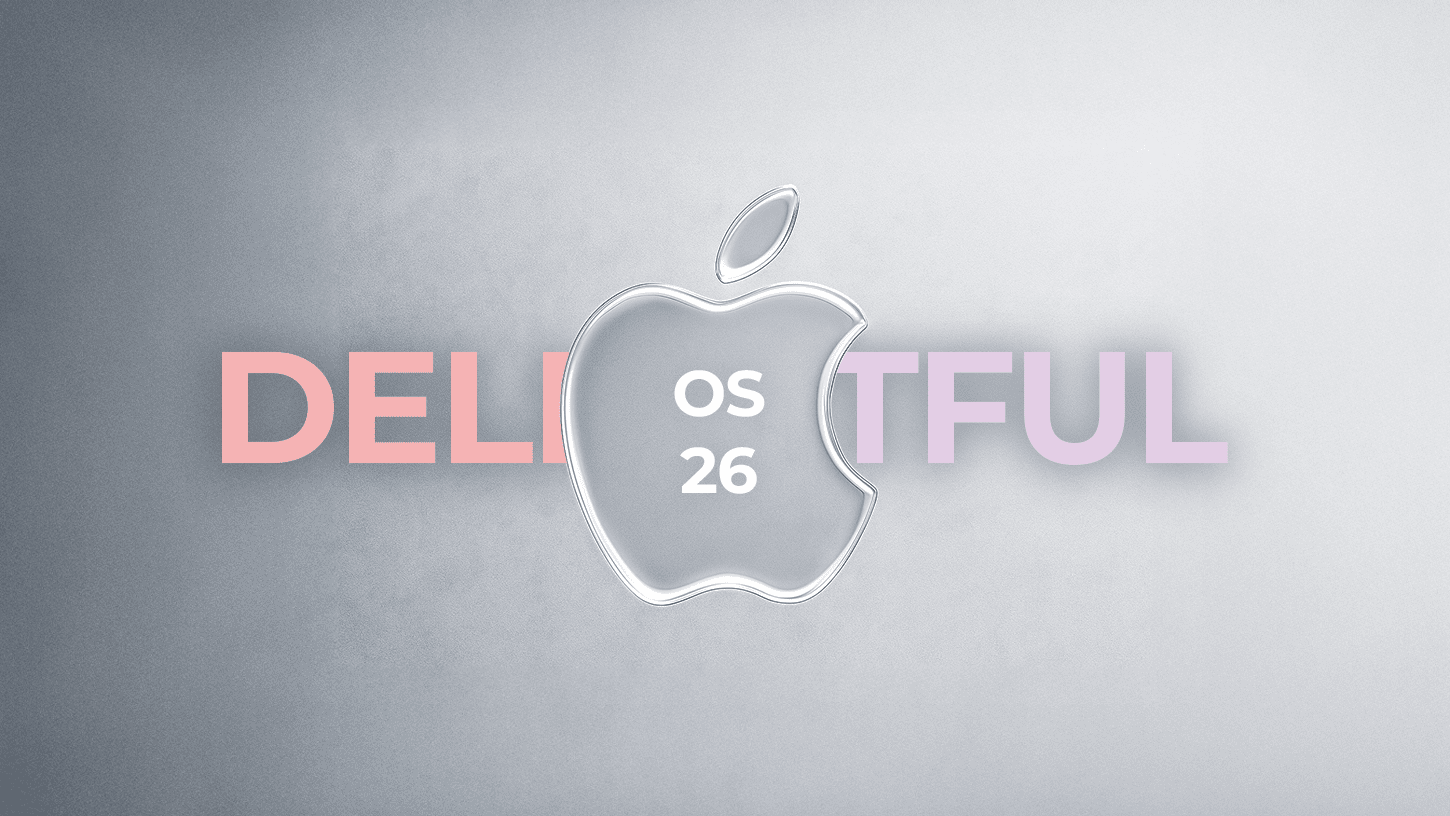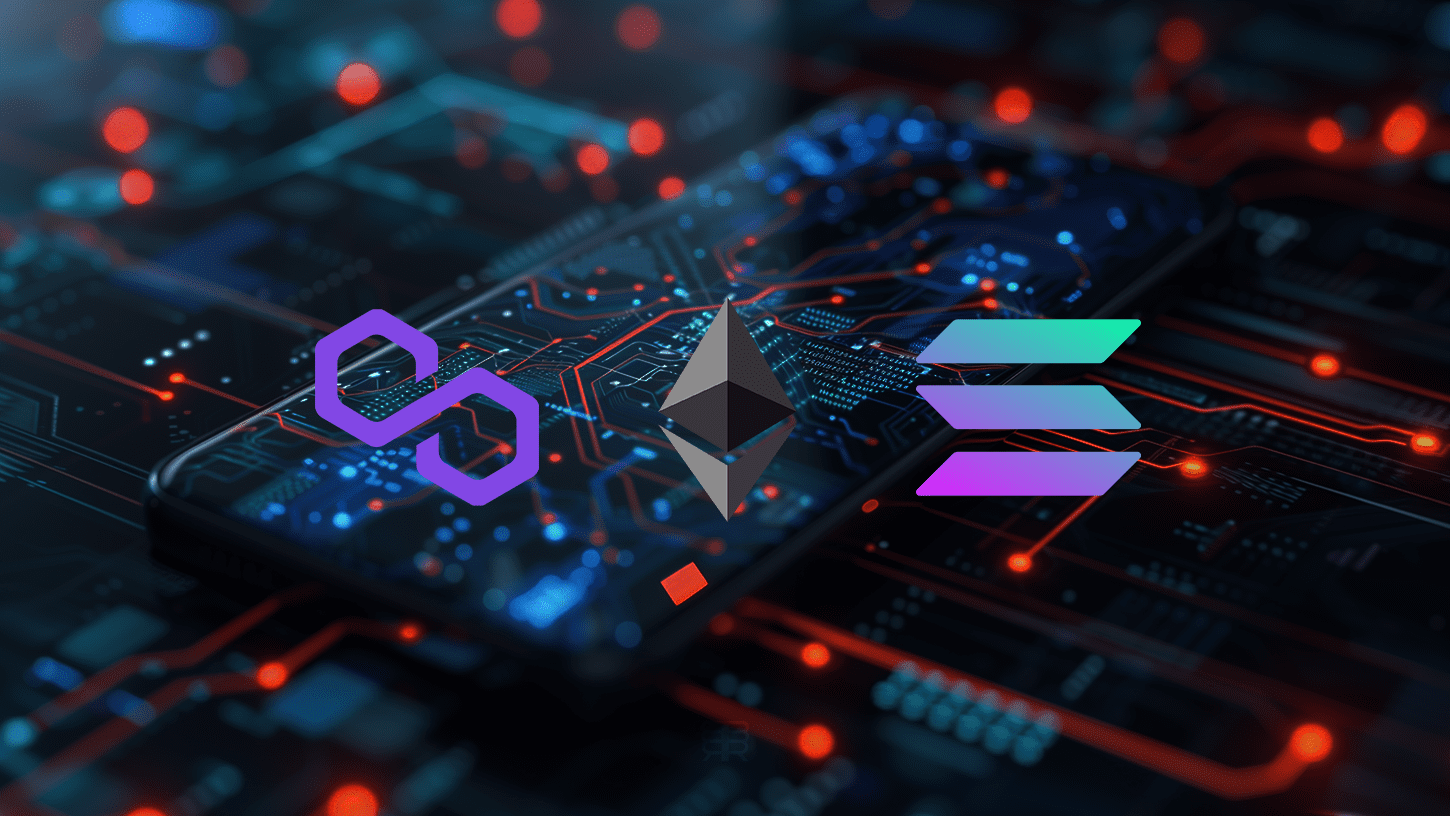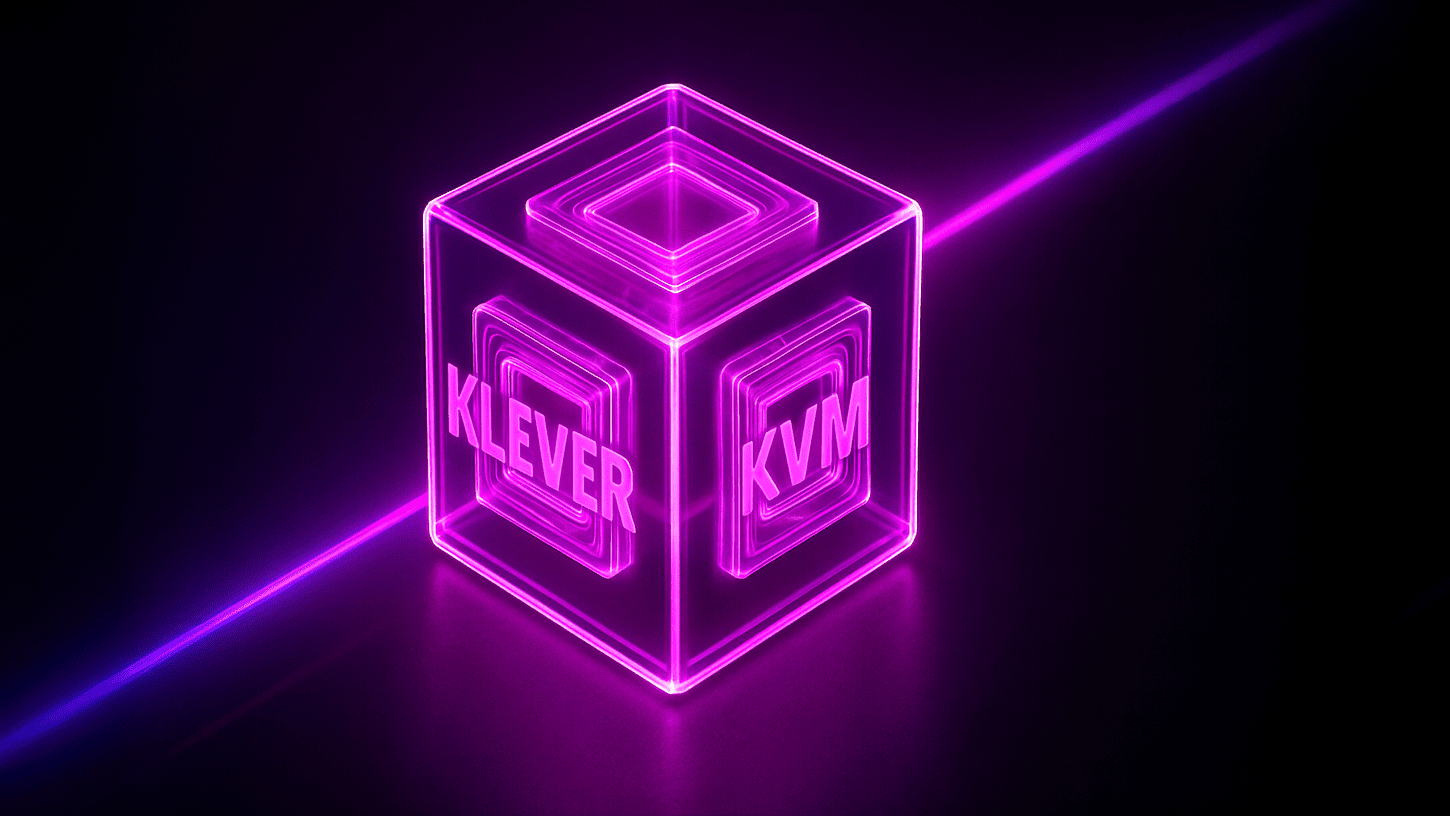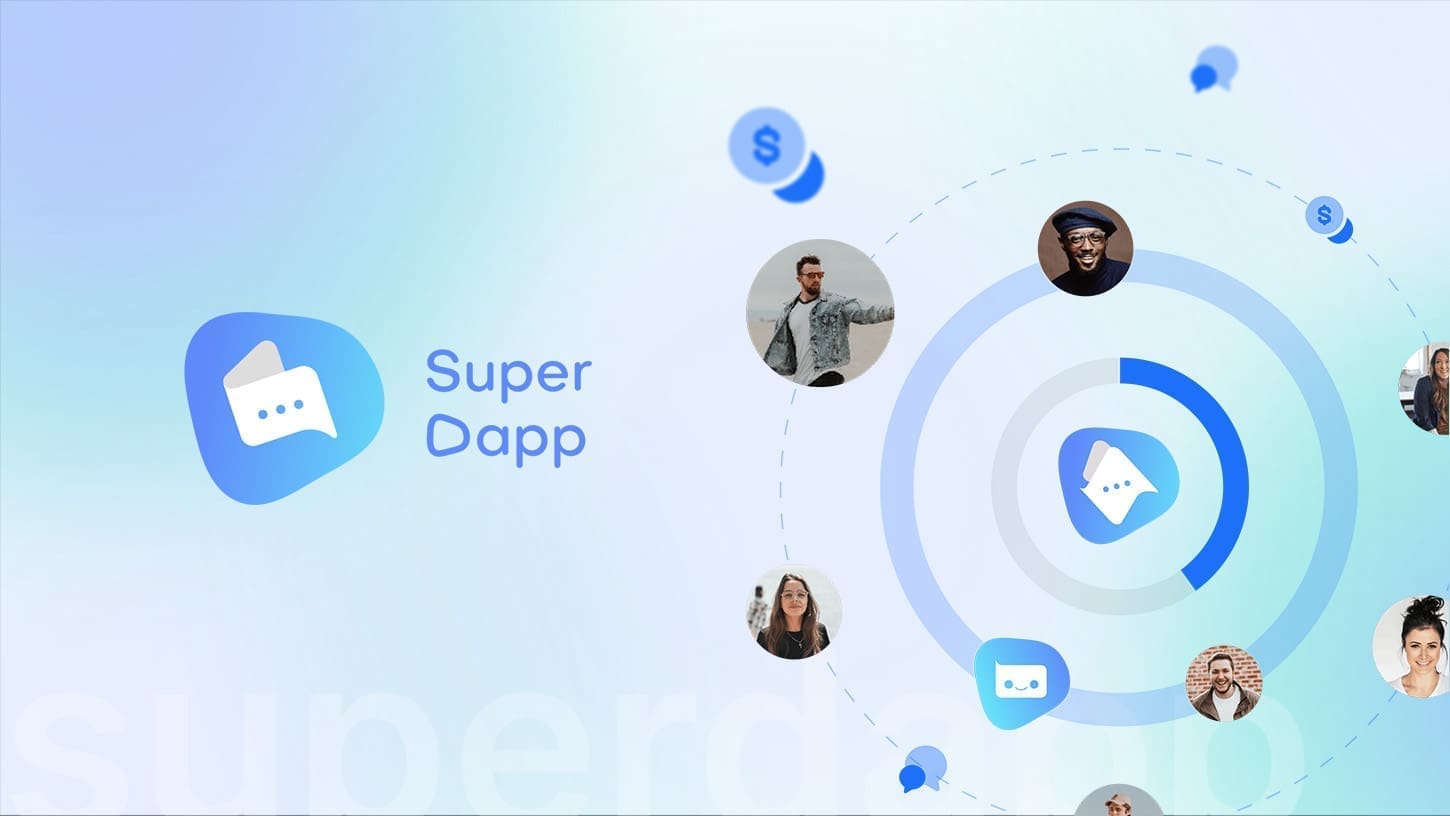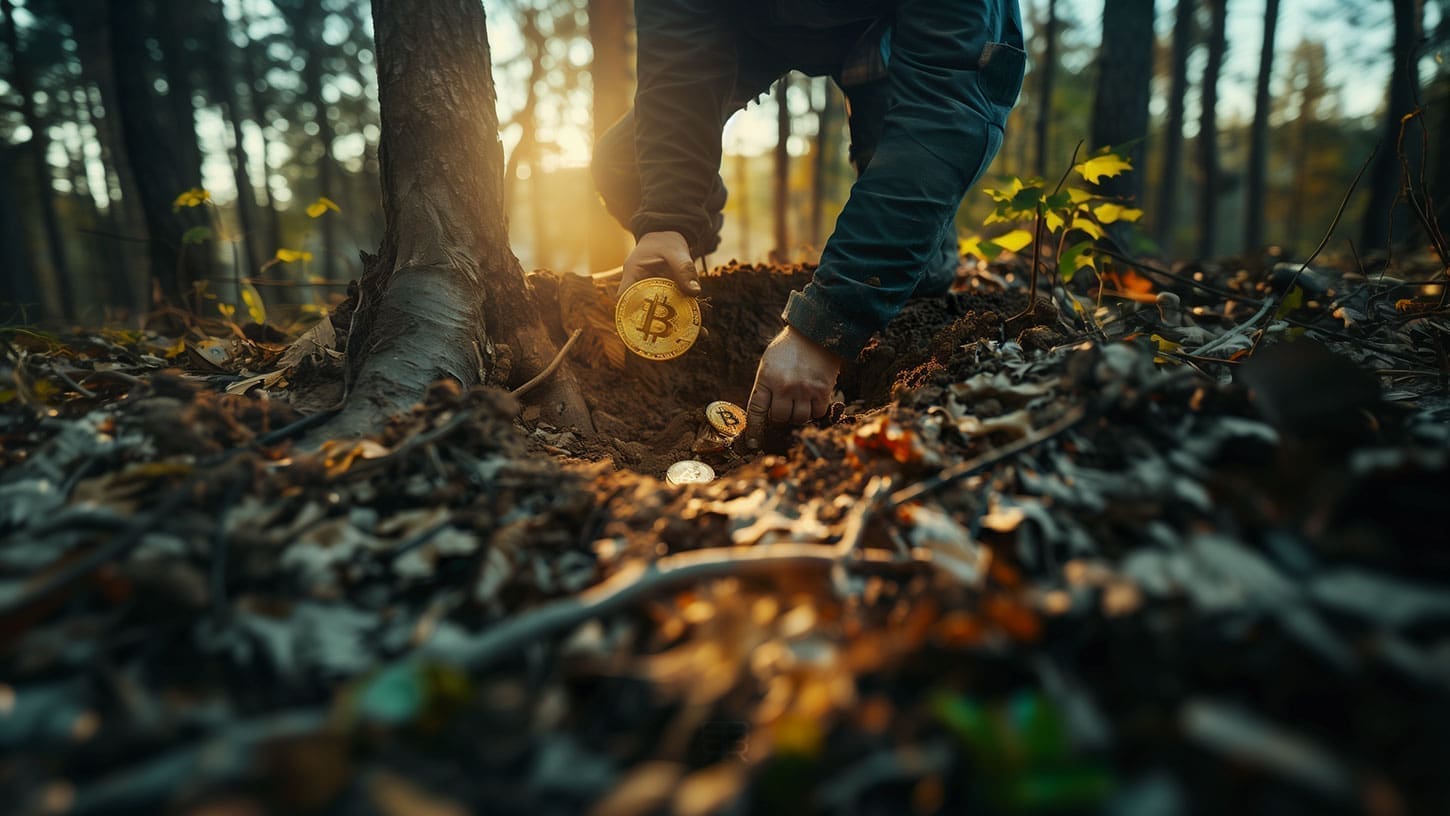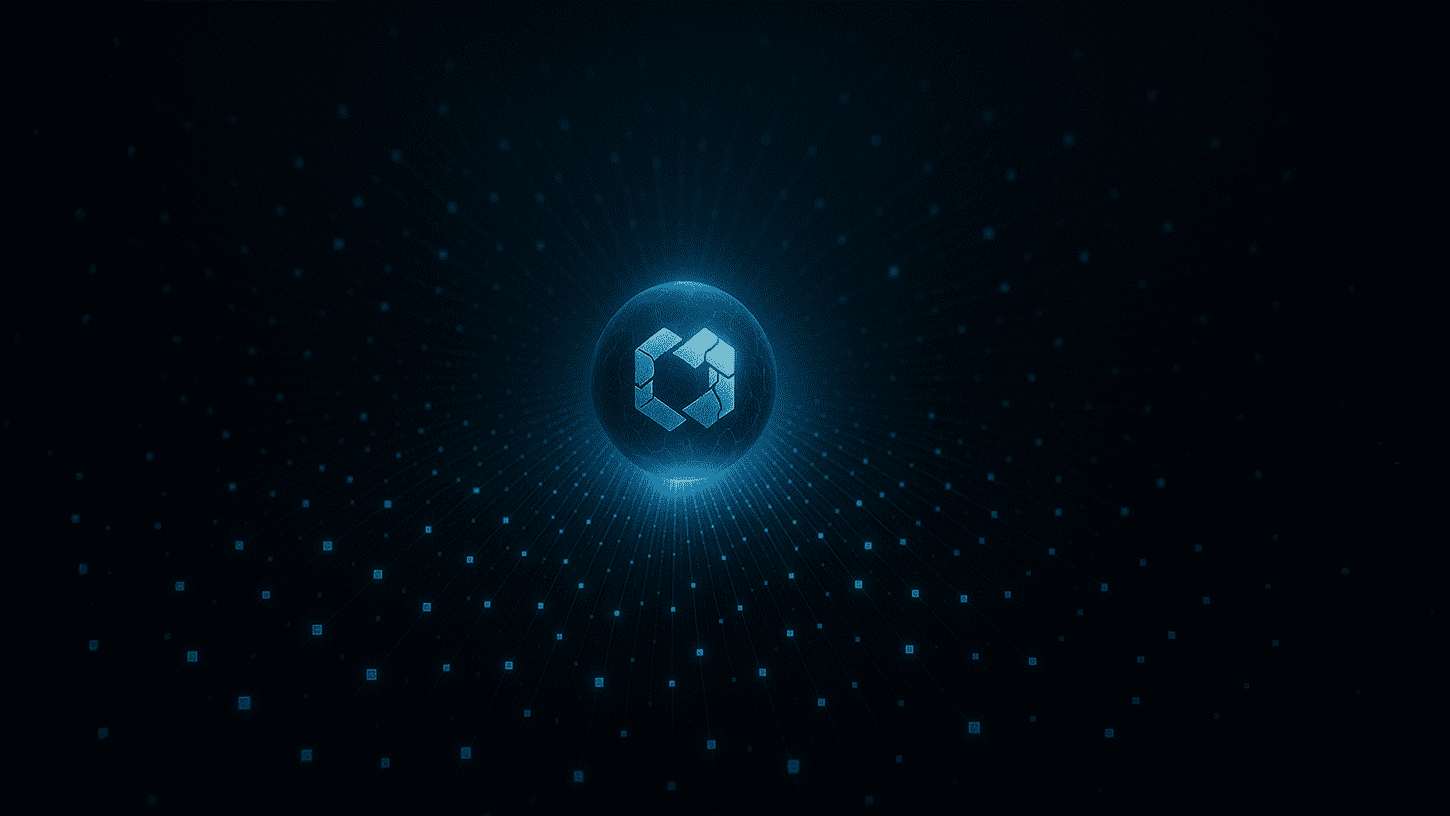OpenAI Buys Jony Ive’s Startup for $6.5B to Build the Future of AI Hardware

OpenAI is officially entering the consumer hardware race, and it’s doing so with legendary design firepower. The AI giant has acquired io, a device startup co-founded by former Apple design chief Jony Ive, in a groundbreaking $6.5 billion all-equity deal. The acquisition marks OpenAI’s largest to date and signals its ambition to bring AI from the cloud into consumers’ hands seamlessly and beautifully.
From Design Icon to AI Visionary
Ive, the creative mind behind the iPhone, iPod, and Apple Watch, will now lead OpenAI’s hardware design efforts through his independent design firm, LoveFrom. While LoveFrom remains separate, it will craft the look, feel, and functionality of OpenAI’s next generation of consumer devices.
OpenAI CEO Sam Altman described Ive as “the greatest designer in the world,” adding that the duo is working to “create a new generation of AI-powered computers.” Ive said everything he has learned in the past 30 years has led to this collaboration.
Beyond Screens: The Future of AI Devices
Io, now an OpenAI entity, aims to create AI-native consumer products that reimagine how people interact with technology. Altman and Ive have reportedly been prototyping a device aimed at moving users “beyond screens” for the past two years. The first product is slated to debut in 2026.
Altman noted that accessing ChatGPT on phones and laptops still feels clunky. Instead, the goal is to integrate AI into everyday life, frictionless, intuitive, and physical. Devices born from this effort will be designed to help users create, think, and collaborate more fluidly with artificial intelligence.
AI is an incredible technology, but great tools require work at the intersection of technology, design, and understanding people and the world. No one can do this like Jony and his team; the amount of care they put into every aspect of the process is extraordinary. Sam Altman
The Team Behind the Dream
The acquisition includes a team of around 55 engineering, physics, research, and product development experts. Notably, many of io’s employees are ex-Apple veterans, including industrial design leaders like Scott Cannon, Evans Hankey, and Tang Tan — all instrumental in building Apple’s most iconic products.
With this move, OpenAI brings together one of the most influential hardware design teams in tech history, placing them at the center of the AI revolution.
Positioning vs. Apple & The Broader Market
The strategic timing of the acquisition could position OpenAI as a direct challenger to Apple in the emerging AI hardware space. While Apple has made recent AI strides, reports suggest it lags behind OpenAI and Google in key generative features.
Investors reacted swiftly; Apple’s stock dipped 2% on the announcement day.
OpenAI’s consumer play has been accelerating. It recently brought on Fidji Simo, a former Meta executive, to lead consumer products. The company also continues to expand ChatGPT’s reach through voice, mobile, and now hardware.
Can OpenAI Avoid the Pitfalls of AI Hardware?
Not all AI devices have succeeded. Altman was an early investor in Humane, whose much-hyped AI “pin” ultimately failed and was acquired by HP. In contrast, Meta’s AI smart glasses with EssilorLuxottica have found traction, and Google just unveiled its version, which was developed with Warby Parker and Samsung.
The new io devices could redefine the category if they succeed where others have stumbled.
Final Deal Details
OpenAI already held a 23% stake in io via a 2024 investment. The company is now paying an additional $5 billion to acquire the rest fully. The purchase was finalized as an all-equity transaction, reflecting OpenAI’s confidence in the value and vision of io’s team and roadmap.
As the line between software and hardware blurs, this acquisition could mark a turning point for OpenAI and our relationship with AI.
FAQs
What is the significant development discussed in this Blockrora article?
The Blockrora article discusses OpenAI’s acquisition of Jony Ive’s startup, io, in a $6.5 billion all-equity deal. This acquisition signifies OpenAI’s major move into developing physical consumer hardware that integrates AI.
Who is Jony Ive and what is his role in this acquisition?
Jony Ive is a renowned designer known for his work on iconic Apple products like the iPhone, iMac, and Apple Watch. While his design firm, LoveFrom, will remain independent, he will be leading the creative direction for OpenAI’s hardware efforts following the acquisition of his startup, io.
What was io and what were its goals before being acquired by OpenAI?
Io was a startup co-founded by Sam Altman and Jony Ive. It was working on a new type of AI product designed to go “beyond screens,” aiming to create a new category of generative intelligence-powered hardware that feels natural and intuitive.
Why is OpenAI making this move into hardware?
OpenAI is betting on building physical devices that embed AI seamlessly into daily life, rather than focusing solely on chatbots or enterprise software. This acquisition indicates a strategic shift towards bringing AI into tangible consumer products.
What is the potential impact of this acquisition on the technology landscape, particularly concerning Apple?
This move positions OpenAI to compete in the intersection of design, hardware, and personal computing, a space historically dominated by Apple. The source suggests this puts pressure on Apple, noting a dip in Apple’s stock price on the day of the announcement and implying that OpenAI is now pursuing AI-integrated hardware that Apple arguably should have been leading on.
What kind of devices are OpenAI and Jony Ive expected to create?
While the exact nature and appearance of the devices are unknown, the goal is to create a new category of AI-powered hardware that moves beyond traditional screens like phones and laptops. These devices are expected to be designed to feel natural, intuitive, and ever-present.
What are the potential risks associated with OpenAI’s foray into hardware?
The source highlights the risk by mentioning Sam Altman’s previous hardware-backed investment, Humane’s AI pin, which faced challenges despite selling initially and was recently sunsetted and acquired. This history suggests that developing successful new consumer hardware categories is challenging, despite the significant talent involved.
When are the first OpenAI-io devices expected to be released?
The first devices resulting from this collaboration between OpenAI and io are expected to be released in 2026.

